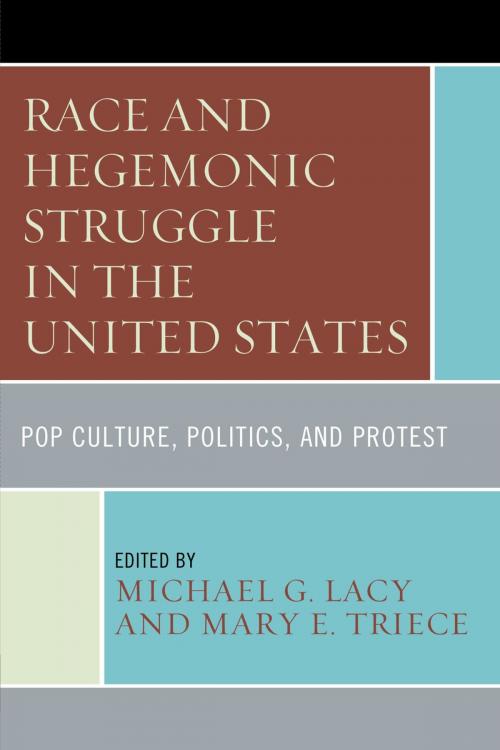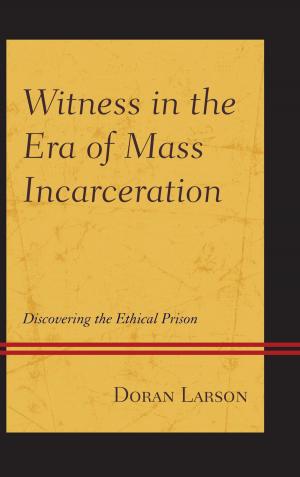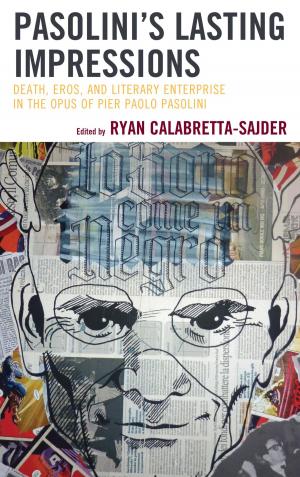Race and Hegemonic Struggle in the United States
Pop Culture, Politics, and Protest
Fiction & Literature, Literary Theory & Criticism, American, Nonfiction, Social & Cultural Studies, Social Science, Cultural Studies, Popular Culture| Author: | Kristen Hoerl, Linda Horwitz, Casey Ryan Kelly, Brittany Lewis, Catherine H. Palczewski, Anna M. Young, David W. Seitz | ISBN: | 9781611477108 |
| Publisher: | Fairleigh Dickinson University Press | Publication: | August 20, 2014 |
| Imprint: | Fairleigh Dickinson University Press | Language: | English |
| Author: | Kristen Hoerl, Linda Horwitz, Casey Ryan Kelly, Brittany Lewis, Catherine H. Palczewski, Anna M. Young, David W. Seitz |
| ISBN: | 9781611477108 |
| Publisher: | Fairleigh Dickinson University Press |
| Publication: | August 20, 2014 |
| Imprint: | Fairleigh Dickinson University Press |
| Language: | English |
Race and Hegemonic Struggle in the United States: Pop Culture, Politics, and Protest is a collection of essays that draws on concepts developed by Antonio Gramsci to examine the imagining of race in popular culture productions, political discourses, and resistance rhetoric. The chapters in this volume call for renewed attention to Gramscian political thought to examine, understand, interpret and explain the persistent contradictions, ambivalence, and paradoxes in racial representations and material realities.This book’s contributors rely on Gramsci’s ideas to explore how popular, political, and resistant discourses reproduce or transform our understandings of race and racism, social inequalities, and power relationships in the twentieth and early twenty-first centuries. Together the chapters confront forms of collective and cultural amnesia about race and racism suggested in the phrases “postrace,” “postracial,” and “postracism," while exposing the historical, institutional, social, and political forces and constraints that make antiracism, atonement, and egalitarian change so difficult to achieve.
Race and Hegemonic Struggle in the United States: Pop Culture, Politics, and Protest is a collection of essays that draws on concepts developed by Antonio Gramsci to examine the imagining of race in popular culture productions, political discourses, and resistance rhetoric. The chapters in this volume call for renewed attention to Gramscian political thought to examine, understand, interpret and explain the persistent contradictions, ambivalence, and paradoxes in racial representations and material realities.This book’s contributors rely on Gramsci’s ideas to explore how popular, political, and resistant discourses reproduce or transform our understandings of race and racism, social inequalities, and power relationships in the twentieth and early twenty-first centuries. Together the chapters confront forms of collective and cultural amnesia about race and racism suggested in the phrases “postrace,” “postracial,” and “postracism," while exposing the historical, institutional, social, and political forces and constraints that make antiracism, atonement, and egalitarian change so difficult to achieve.















